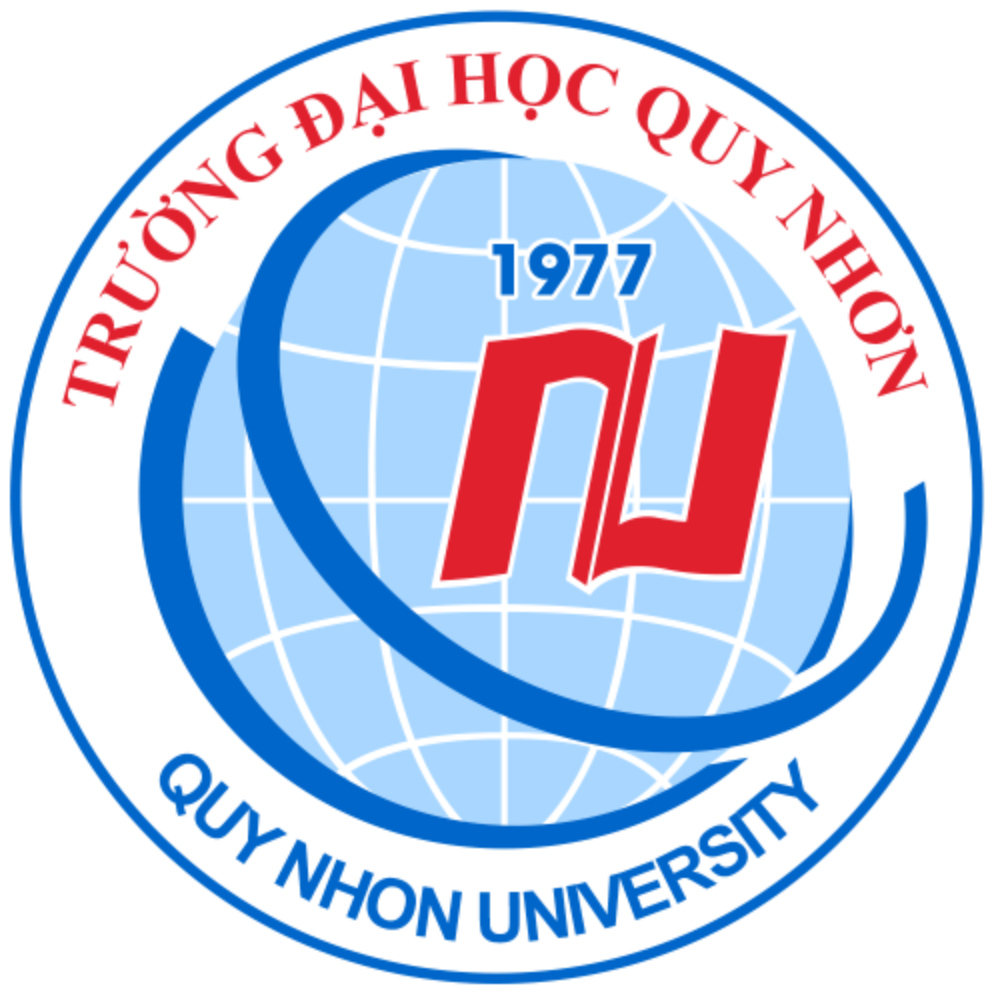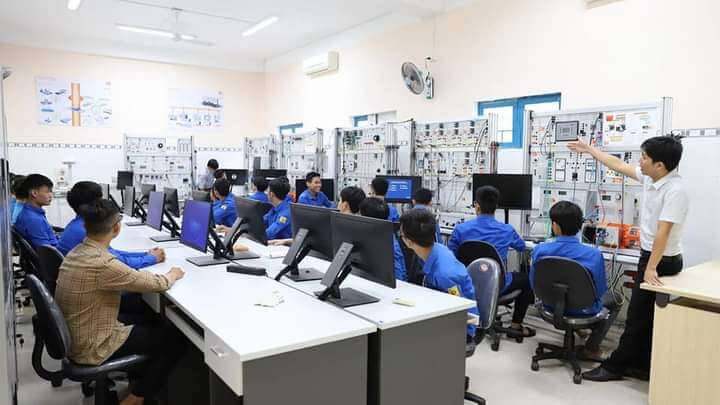Giới thiệu
About Quy Nhon University
History and Development of Quy Nhon University
Establishment Process
- December 21, 1977: Establishment of Quy Nhon Pedagogical University Base
- July 13, 1981: Officially became Quy Nhon Pedagogical University
- October 30, 2003: Renamed to Quy Nhon University, expanding into a multi-disciplinary institution
Current Scale and Capacity
- 13 faculties and departments
- 46 undergraduate programs across various fields:
- Education
- Natural Sciences
- Social Sciences and Humanities
- Economics and Finance
- Engineering and Technology
- Approximately 15,000 full-time students
- 25 master's degree programs
- 03 doctoral programs
- Over 1,000 graduate students and PhD candidates
The Main Gate of Quy Nhon University
Human Resources
- Total staff: 720 employees
- 502 lecturers, including:
- 01 Professor
- 22 Associate Professors
- 197 PhDs
- 65 PhD candidates (domestic and international)
Scientific Research Achievements
- International cooperation with prestigious organizations:
- European Commission
- VLIR-UOS
- The World Academy of Sciences (TWAS)
- Korea Institute of Science and Technology (KIST)
- FHI360 (USA)
Student Research Activities (2016-2020)
- 436 research projects
- 1,456 student participants
- Achievements:
- 117 university-level awards
- 13 ministerial-level awards
- 06 Eureka awards
Educational Achievements (45 years)
- Nearly 90,000 graduates
- Over 2,500 postgraduate degree holders
- Training programs for numerous Laotian students
Honors and Awards
- Labor Order:
- Third Class (1992)
- Second Class (1997)
- First Class (2002)
- Independence Order, Third Class (2007)
- Trade Union achievements:
- Labor Order, Third Class (1997)
- Labor Order, Second Class (2007)
- Ho Chi Minh Communist Youth Union: Labor Order, Third Class (1999)
Development Vision
- Striving to become a leading research-oriented university in the Central and Central Highlands regions
- Continuing to contribute to local and national socio-economic development
- Promoting international integration and enhancing educational quality
International Cooperation
- Active collaboration with international institutions and organizations
- Implementation of multiple research projects with global partners
- Focus on academic exchange and technology transfer
- Special partnership with KU Leuven University (Belgium) on four major projects
Research Strengths
- Strong focus on fundamental scientific research
- Leading position in natural sciences research
- Multiple national and ministerial-level research projects
- Increasing number of international publications
- Strong collaboration with local industries and communities
Students of Quy Nhon University during practical training session
Social Impact
- Major contributor to high-quality human resources in Central Vietnam and Central Highlands
- Significant role in regional socio-economic development
- Training hub for international students, especially from Laos
- Strong alumni network holding key positions in various sectors
Future Goals
- Enhancing research capabilities and applications
- Expanding international partnerships
- Strengthening industry connections
- Developing sustainable educational programs
- Contributing to national industrialization and modernization



